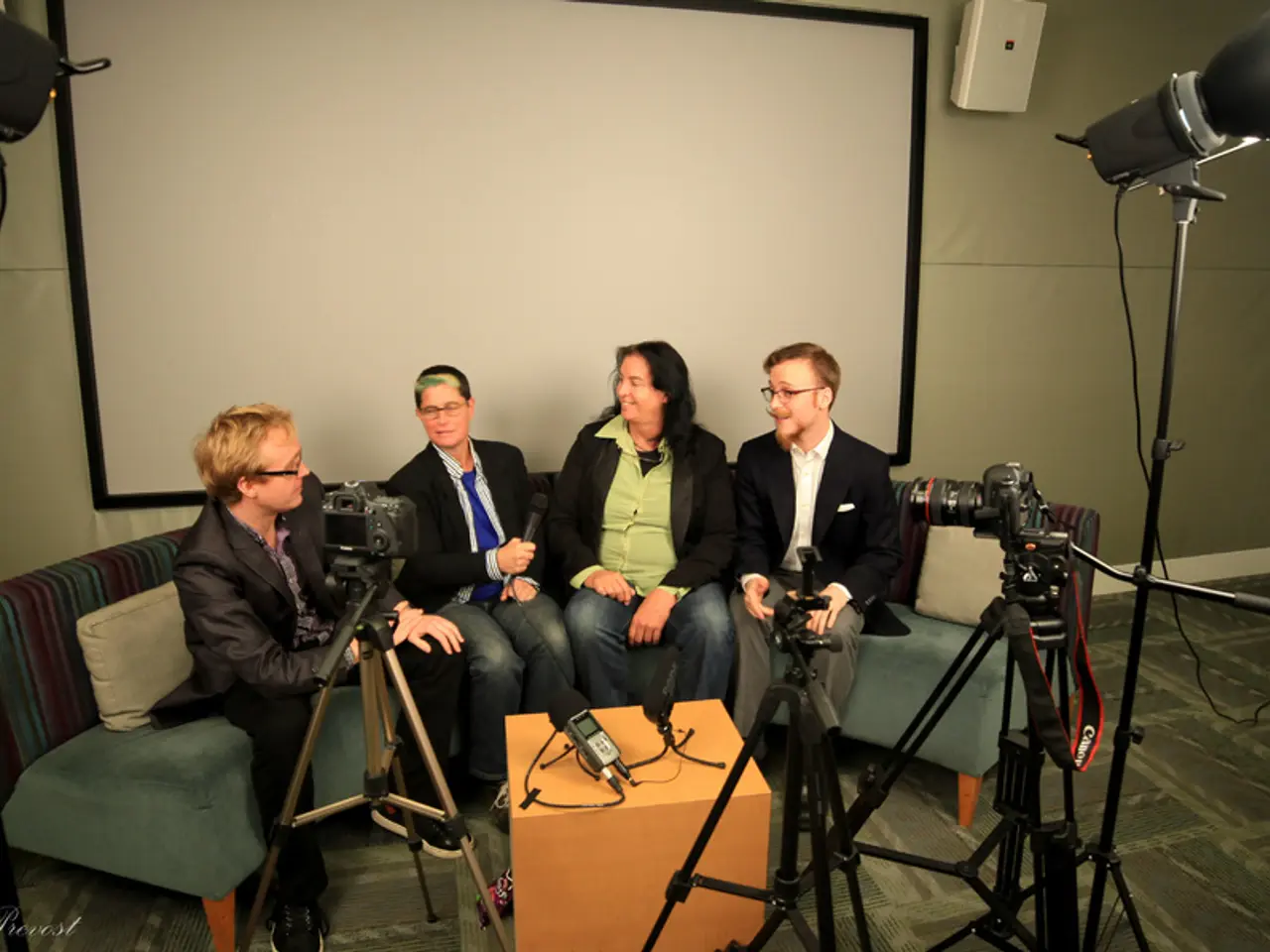Essential Competencies for Succeeding in a Special Education Profession
In the realm of special education, effective leadership is paramount to creating a positive and inclusive learning environment for all students. Raven Bowie, M.Sc., B.Sc., a contributing writer at our website, specializes in child, adolescent, and family psychotherapy, and sheds light on the key strategies for personal development in special education leadership.
First and foremost, engaging in targeted professional learning and leadership training programs is essential. These programs, such as the ACSA Academies, focus on management fundamentals and equity-minded leadership, equipping leaders with the skills necessary to advance in special education administration and leadership roles.
Collaboration is another crucial aspect of special education leadership. Effective leaders work closely with educators, specialists, and families to promote comprehensive student support. By fostering regular communication and partnership among teachers, paraprofessionals, therapists, parents, and administrators, leaders can align goals and strategies tailored to each student’s needs.
Supporting and including paraprofessionals and staff is equally important. Through tailored training, emotional support, meaningful involvement in planning (e.g., IEP meetings), and recognition, leaders can enhance team effectiveness and improve student outcomes.
Personalized, student-centered strategies also play a significant role. Leaders must prioritize the development and implementation of Individualized Education Programs (IEPs), behavior intervention plans, and inclusive practices that foster student independence, social-emotional growth, and confidence.
Personal development activities can also benefit educators, helping them improve their emotional intelligence. Attending emotional intelligence workshops or engaging in self-reflection exercises can help leaders connect with students on a deeper level, understand their needs, and provide appropriate support.
Investing in personal development and advanced education can help special education leaders build resilience, adaptability, communication skills, emotional intelligence, and empathy. These skills are not only beneficial for leaders but also crucial in fostering a positive learning environment for students.
Lastly, effective communication skills are crucial in special education. Building trust and fostering a positive learning environment often rely on clear and effective communication. The curriculum in special education includes courses designed to provide educators with a deep understanding of how to assess and address behavioral issues in a systematic and data-driven manner.
In summary, personal development for special education leaders hinges on continuous professional learning focused on leadership and equity, fostering collaboration and communication, supporting the entire special education team including paraprofessionals, and ensuring student-centered, individualized approaches are prioritized and effectively implemented.
- Raven Bowie, specializing in child, adolescent, and family psychotherapy, highlights the need for special education leaders to engage in targeted professional learning and leadership training programs, similar to ACSA Academies, that focus on management fundamentals and equity-minded leadership.
- Effective special education leaders recognize the importance of collaboration by working closely with educators, specialists, and families to promote comprehensive student support, fostering regular communication and partnership among teachers, paraprofessionals, therapists, parents, and administrators.
- Investing in personal development and advanced education can help special education leaders build resilience, adaptability, communication skills, emotional intelligence, and empathy, which are essential for fostering a positive learning environment for students.
- Personalized, student-centered strategies, such as the development and implementation of Individualized Education Programs (IEPs), behavior intervention plans, and inclusive practices, are crucial for special education leaders to prioritize, as they foster student independence, social-emotional growth, and confidence.




